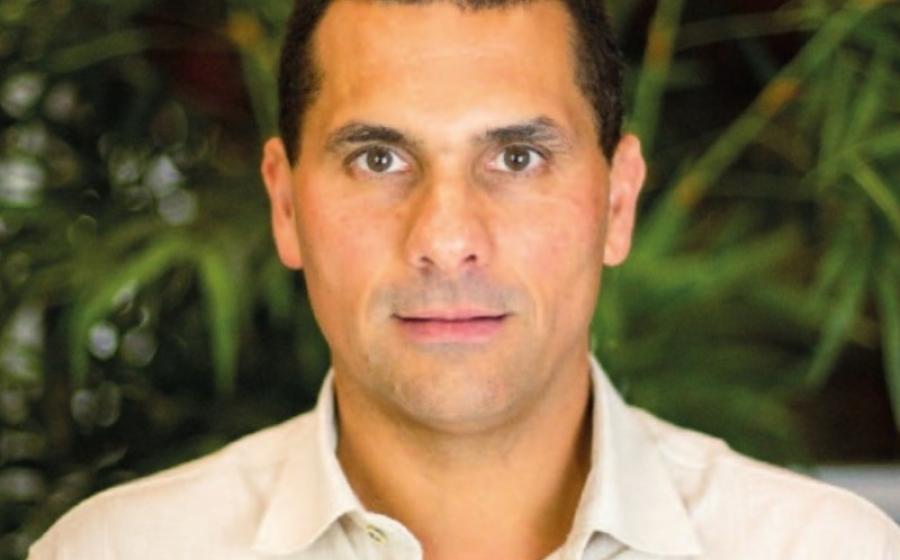
Name: Ricardo Marques Sastre
Designation: Founder
Organization: Mudrá Design
Questions
President of APdesign. Director of Mudrá Design
Graduated in social communication, specialist in graphic expression and business management; master’s in design; PhD in production engineering and post-doctorate in sustainable design, researcher, consultant and professor. Has 28 years of experience in the packaging market. Ad hoc consultant for the state of RS in southern Brazil.
As a child, he collected labels. He began his career in the printing industry, learned about packaging during his college degree in communications, and chose this field as his profession. He specializes in business management and graphic expression with a focus on semiotics. He connected with design during his master's degree and with sustainability during his PhD in Production Engineering. Studying sustainable design during his post-doctorate consolidated his purpose of developing efficient packaging with a lower environmental impact.
He is restless in the search for systemic knowledge about packaging and is enthusiastic about contributing to the professionalization of the packaging area in Brazil and worldwide.
Believe that the goal of life is to learn and teach in this universe in movement. He connects with his essence and maintains balance through philosophy, music, surfing, swimming, running, yoga, and meditation.
The biggest challenges are related to convincing businesses to reduce their environmental impact. We work on developing packaging with a lower environmental impact and reduced costs. Changing from a linear model to a circular model is a task that will take time.
We will continue to seek sustainable and efficient packaging solutions through the integration of academia and the market.
We recently founded Embase, a packaging research center whose mission is to restructure knowledge about packaging in Brazil and the world over the next 20 years.
First, it's important to understand if developing new packaging is truly necessary. Second, it's about seeking solutions to reduce environmental impact, and finally, it's about using design as a key element in finding solutions.
Presenting solutions with a lower environmental impact, based on studies that prove their effectiveness.
The lack of clear information about the composition and decomposition of materials.
The entry of new technologies and the possibility of new materials are gradually transforming the market, just like the great technological cycles of humanity, such as the industrial revolution, the advent of computers, among others.
I believe it will be driven by increased information integration and process automation through artificial intelligence.
Expanding relationships with other countries. Count on me to contribute from Brazil.
When artificial intelligence is used for consultation and reducing time in operational tasks, I see it as positive. When artificial intelligence is used to build knowledge, I see it as a negative point.
Active and intelligent packaging brings products closer to their users, improving communication and reducing food waste on the planet.
These devices can contribute to efficiency in logistics processes and product traceability. The replacement of human tasks with these devices will lead to a professionalization of the people involved.
We transform packaging through design, analyzing everything from the need to develop new packaging to its end-of-life management. We promote systemic packaging design aimed at reducing costs and environmental impact.
Packaging needs to improve communication with its consumers, whether through graphic design or new technologies such as QR codes, augmented reality, and others.
I believe in the integration of areas to join forces for the development of better packaging solutions.
First, seek to understand what packaging truly means and its basic concepts. From this understanding, the development of technological solutions in packaging projects becomes more effective.
My undergraduate and graduate professors and the professionals in the Brazilian market who are currently my partners.
I wake up very early, organize my day, and focus on results. I make a to-do list, prioritizing tasks, and at the end of the day I practice sports like swimming, running, surfing, and yoga.
Meditation, yoga, and philosophical studies.
I focus on results and seek balance in my actions. I don't waste time on negative thoughts, and I contribute to the development of the packaging market in Brazil through teaching and research.




